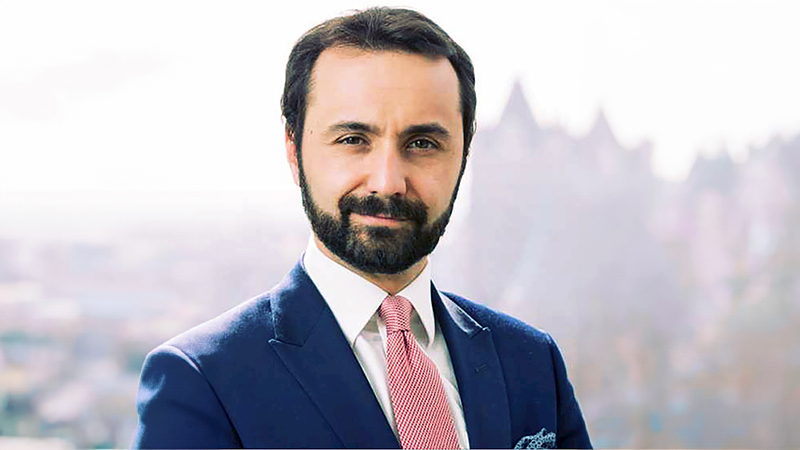Pollsters and pundits put a low probability on Trump and just as with Brexit, the markets were totally surprised. In the event, there was an undetected swing towards Trump in several swing States that gave him the win. Just as with Brexit, the markets were totally surprised.
Trump’s anti-establishment positioning is part of a global trend that has seen the election of a left wing populist government in Greece, right wing nationalist governments in Poland, Hungary, Japan and the Philippines and the UK’s vote to leave the EU – not to mention the repeated election of Jeremy Corbyn as UK Labour leader against the wishes of Labour Party MPs.
The common thread between all of these events is dissatisfaction with the standard of living of ordinary people stemming from high levels of income inequality, rapid technological change, immigration and the outsourcing of manufacturing and services jobs to the emerging markets. Action to avert a repeat of the Great Depression after the 2007-8 Financial Crisis made matters much worse from an inequality standpoint.
Public money bailed out the banks while the combination of tight fiscal and loose monetary policy in place in the UK and many other economies further favoured the owners of financial assets and real estate relative to households relying on diminishing government support.
Populist politicians are exploiting the growing sense of resentment to gain power. The logical thing for them to do is expand fiscal policy with spending directed to improve the lot of their supporters.
Foreigners and ‘elites’ of any kind become an easy target for the redistribution of wealth. There are parallels to the upsurge in nationalism after the 1929 crash and the Great Depression that followed it. The response began with trade wars, protectionism and competitive devaluations and culminated in widespread fiscal expansion amid the catastrophe of war.
Seen in this context, President Trump’s plan to cut taxes for the highest earners doesn’t quite fit the bill but an increase in government spending for peaceful ends is no bad thing, Higher government debt should be manageable if ‘Trumponomics’ can deliver higher nominal growth, though we, and the bond markets, suspect it is inflation rather than real growth that will rise.











